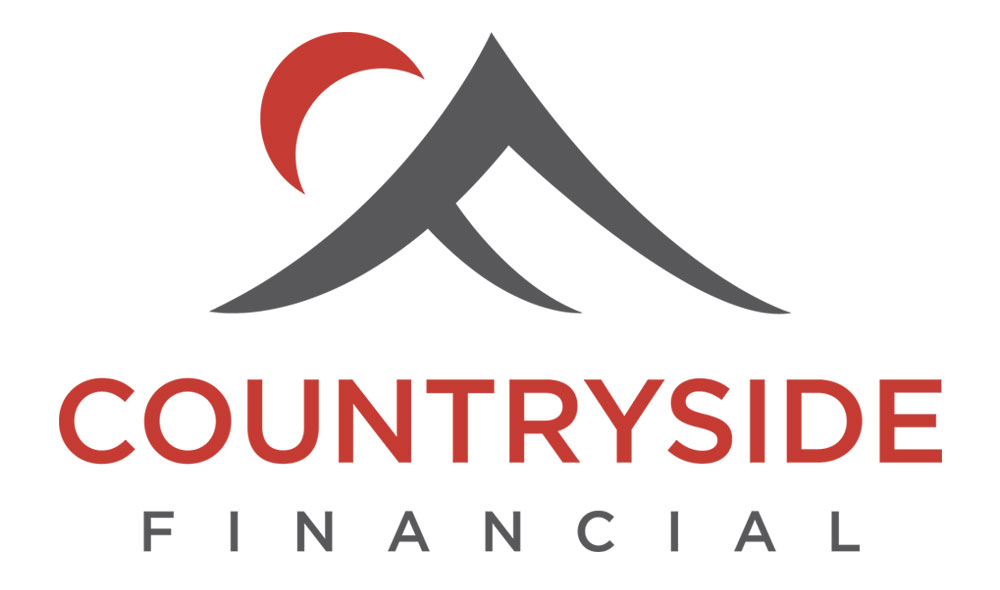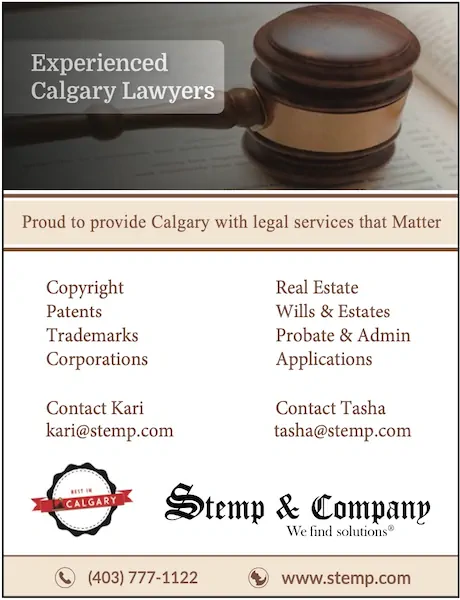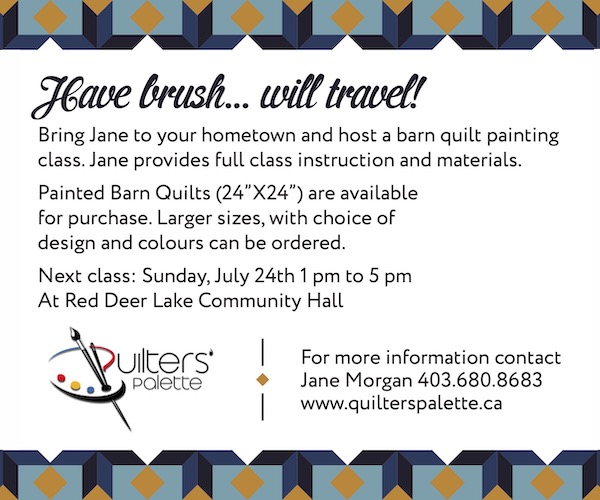You Have Options!
The traditional approach to obtaining a mortgage, whether it be purchasing, switching or refinancing your home, is to go to a bank. But did you know there are several other options available to you? Especially with rising interest rates and large rate differences between lenders, it is important to know you have options.
“A” lenders
A lenders or traditional/prime lenders, generally refer to banks and approve customers with credit scores in the minimum acceptable ranges, debt servicing within allowable ratios, verifiable income, and meet all the standard “tick-boxes.” To deal with these lenders, you must be considered an “A” client. These lenders are subject to OSFI federal regulation, which means that you’ll be stress tested when you apply for a mortgage. The stress test requires applicants to qualify at time of underwriting paying interest at either the five-year benchmark rate (for insured files), or the five-year benchmark rate or your contact rate plus two percent — whichever is higher (for conventional files). However, when you are an A client meeting the criteria as above, there is a wide variety of A lenders. The big banks are not the only option, rarely the most competitive, nor do they offer the unique products & conditions you may need. Mortgages are not one size fits all. Mono-Line Lenders are an excellent alternative to any bank.
Mono-line refers to the practice of specializing in a single discipline of the financial services business, such as mortgages in this case. Because of this defined focus, they offer more variety of products and routinely lower interest rates.
“B” or “Alternative” lenders
B lenders are lending institutions that provide options for clientele that do not fit the A mold. These institutions offer modified criteria to qualify for their products. Some B lenders have rates very similar to A lenders; some not as they offset additional risk with higher interest rates (+ fees). B lenders accommodate applicants who may not qualify for an “A” mortgage for any number of reasons.
Private Lenders
Private or unregulated lenders is anything from individual lenders like the Seller of a property, a friend, or most often a business that specializes in providing private mortgages. These lenders are not subject to the same federal regulations that A (some B) lenders are. Their lack of regulation mean that they can close a file very quickly and with very little qualification standards being met. Private lenders aren’t overly interested in debt servicing ratios, your credit score or verifiable income, and they are not required to stress test mortgage applicants. Your property value & equity is most important with them – but you pay the highest interest costs & fees. Getting approved for a mortgage with a private lender is much easier than getting approved at an A or B lender.
Always Reach Out To A Mortgage Broker
The best way to find mortgage options that may provide lower interest rates and a wider variety of mortgage products is to reach out to a Mortgage Broker. A knowledgable and competent Mortgage Broker will know the market and all the financial solutions available to you. Mortgage brokers are independent and work for you, and as such their goal is to find you the best possible rate & terms for your mortgage. There are many alternatives to the big banks as you see above. Dealing with each lender individually is time consuming and difficult to navigate. A Broker will do the research and shopping for you, so it’s the best way to save both money and time.
Candace Perko,
Mortgage Broker


























